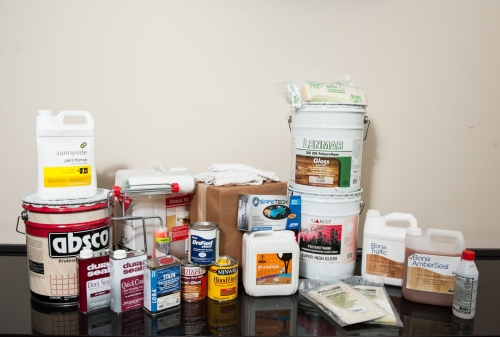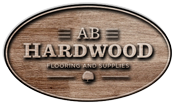Wood floors come in many types. In addition to traditional woods such as oak, birch, cherry, walnut and maple, many homeowners are now choosing bamboo for it’s durability, sustainability and affordability. While technically not a wood but a grass, bamboo cures to a hardness that rivals oak, and grows quickly, making it an environmentally sustainable product. You always have options, especially when your local hardwood store like us is offering so many different varieties of wooden floors.
Cleaning your wood floors is easy. Regular maintenance includes sweeping with a soft bristle broom, and vacuuming with the beater bar turned off. You also should clean your floors periodically with a professional wood floor cleaning product.
We carry professional grade cleaning products by Bona & Loba.
Call us (ph.: 773-279-9100) to order yours today.
There are other steps you can take to maintain the beauty of your wood floors.

As I mentioned above, bringing in 30-degree air at 50 percent RH, then warming it to 70 degrees causes its RH to drop to 10 percent. To raise the RH, we need to add moisture. The American Society of Heating, Refrigerating and Air-Conditioning Engineers (ASHRAE) publishes charts showing moisture and air relationships. Using these charts with our example house from above, we need to add about 3.3 pints of water per hour to raise the inside RH to 30 percent. If the ventilation rate is higher, we need to add more water. If it’s colder or warmer outside, the amount of water needed changes. This same house, if located in Duluth, Minn., would need almost 5 pints per hour during common winter conditions. If we want the RH to be even higher, we need to add more moisture. The colder outside air requires more moisture. Higher ventilation rates require more moisture, and higher target indoor RH levels require more moisture. Since the ventilation rate and moisture needed are related, an economical approach is to reduce ventilation rates, then add moisture. Moisture is added to indoor environments from normal household activities and use. When this moisture is not sufficient to meet the needs, a humidifier can be added. A family of four contributes about ¾ pint of moisture per hour. This number is likely smaller than that shown, because people aren’t home all day and don’t clean every day. So I would suggest ignoring household sources when determining moisture needs. Adding moisture then boils down to using humidifiers. Humidifiers can either be stand-alone or attached to a central forced air furnace. Typical residential systems can provide up to about 6 pints per hour. This is an important number: 6 pints per hour, maximum. More than 6 pints per hour are necessary to get to 40 percent RH when it is real cold outside in a relatively tight, 1,800-square-foot house. We can’t even get to 30 percent RH in a somewhat leaky house when it’s moderately cold outside, or in a larger, moderately tight house. (By moderately cold, we mean the kind of weather in South Carolina. By real cold, we mean the type of weather in Minnesota or New Hampshire.) To make matters worse, moisture output from some humidifiers depends on furnace air temperature. According to Aprilaire, a large manufacturer of whole-house humidifiers, their humidifiers produce a maximum of about 3.6 pints per hour when connected to a heat pump. With that number, we can’t even get to 30 percent RH in a moderately tight, moderately sized house in a moderate climate






